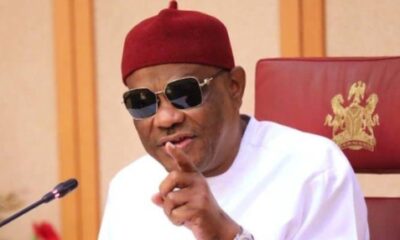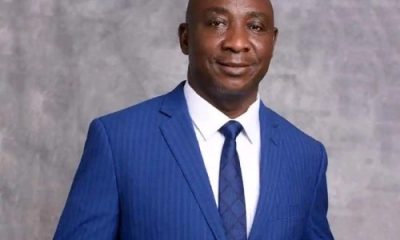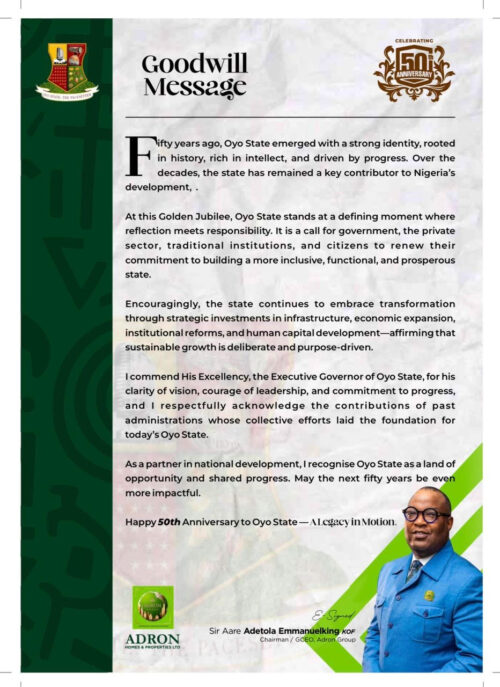BIG STORY
SPORT: Details Of Nigeria’s Contract With Peseiro, New Super Eagles Coach

- /home/porsch10/public_html/wp-content/plugins/mvp-social-buttons/mvp-social-buttons.php on line 27
https://porscheclassy.com/wp-content/uploads/2022/05/511ef834-jose-peseiro-e1652710314543.jpeg&description=SPORT: Details Of Nigeria’s Contract With Peseiro, New Super Eagles Coach', 'pinterestShare', 'width=750,height=350'); return false;" title="Pin This Post">
- Share
- Tweet /home/porsch10/public_html/wp-content/plugins/mvp-social-buttons/mvp-social-buttons.php on line 69
https://porscheclassy.com/wp-content/uploads/2022/05/511ef834-jose-peseiro-e1652710314543.jpeg&description=SPORT: Details Of Nigeria’s Contract With Peseiro, New Super Eagles Coach', 'pinterestShare', 'width=750,height=350'); return false;" title="Pin This Post">
-

 BIG STORY5 days ago
BIG STORY5 days agoJUST IN: Defence Headquarters Finally Confirms Coup Attempt Against Tinubu, Indicted Officers To Face Military Trial
-

 BIG STORY5 days ago
BIG STORY5 days agoNo Party Or Person Can Defeat President Tinubu In 2027, Atiku’s Son Declares
-

 NEWS2 days ago
NEWS2 days agoReimagining Urban Spaces: The Forward-Thinking Public-Private Collaboration in Obalende’s Transformation By Babajide Fadoju
-

 BIG STORY3 days ago
BIG STORY3 days agoReturn To Work Immediately Or Face Legal Action, Wike Tells FCTA Workers As Court Orders Strike Suspension
-

 BIG STORY1 day ago
BIG STORY1 day agoLagos Couple Stages Self-Kidnap To Raise Funds For Husband’s US Return Ticket, Arrested With N10m Ransom
-

 NEWS2 days ago
NEWS2 days agoAdron Homes Unveils “Love for Love” Valentine Promo with Exciting Discounts, Luxury Gifts, and Travel Rewards
-

 BIG STORY2 days ago
BIG STORY2 days agoPolice Arrest Six For ‘Hacking Telecoms Firm To Divert N7.7bn Airtime’, Recover 400 Laptops, 1000 Mobile Phones
-

 BIG STORY4 days ago
BIG STORY4 days agoAlaafin, Soun Absent As Makinde Kicks Off Oyo 50th Anniversary























